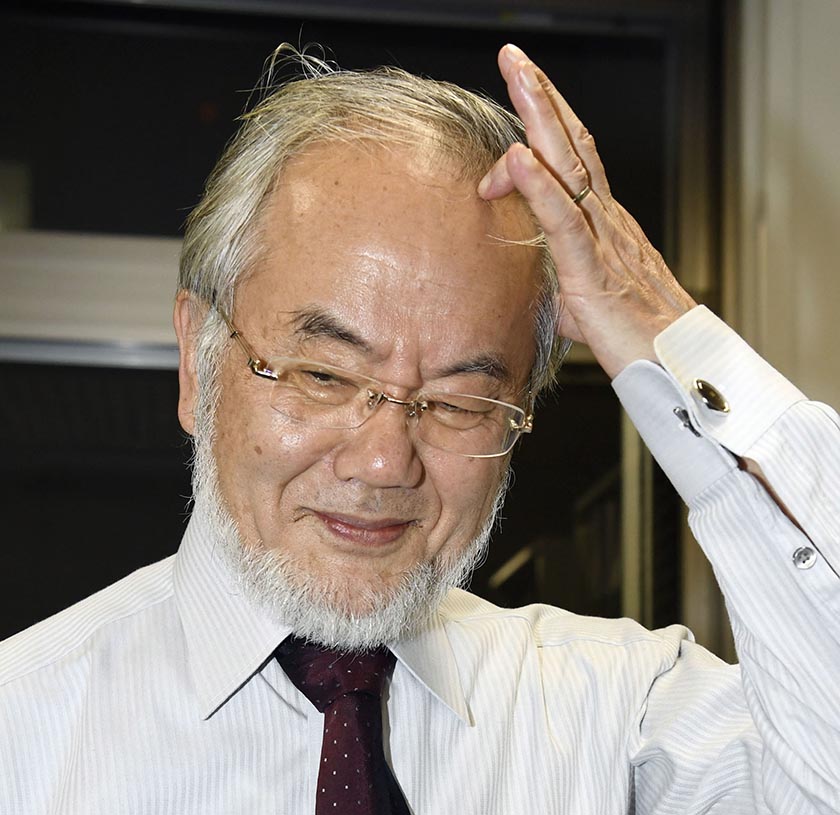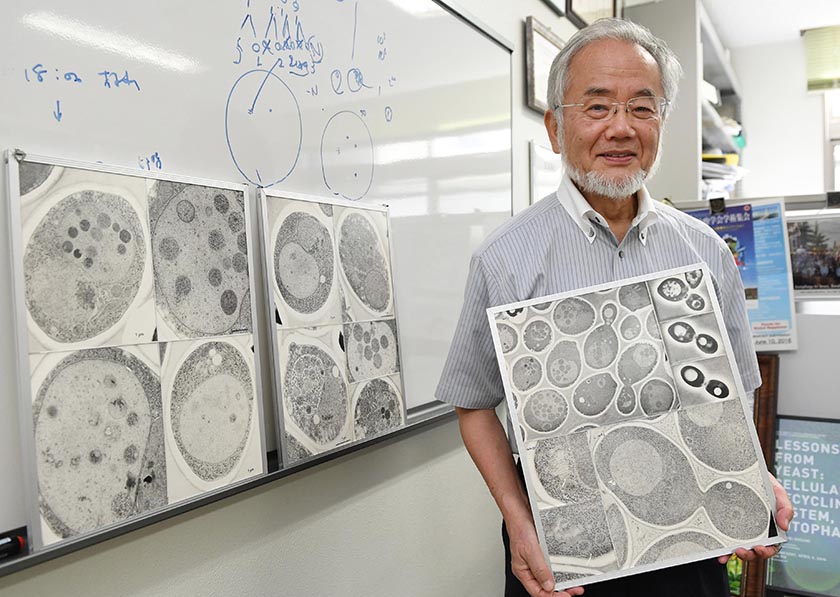Ohsumi 'extremely honoured' to win medicine Nobel

STOCKHOLM: Japanese scientist Yoshinori Ohsumi says that he's "extremely honoured" to have been awarded this year's Nobel Prize in medicine for discoveries related to the auto-decomposition and recycling of cellular components.
Ohsumi, who was speaking in a live phone interview with Japanese broadcaster NHK, was honored for experiments in the 1990s on autophagy, the "self-eating" process with which cells break down and recycle some of their content.
When asked why autophagy became his project, Ohsumi said that "I wanted to do something different from other people. I thought auto-decomposition was going to be an interesting topic."
BREAKING NEWS The 2016 #NobelPrize #Medicine awarded to Yoshinori Ohsumi @tokyotech_en ”for his discoveries of mechanisms for autophagy” pic.twitter.com/PDxWbSqoIX
— The Nobel Prize (@NobelPrize) October 3, 2016
Ohsumi, speaking in Japanese, also said that the "human body is always repeating the auto-decomposition process, or cannibalism, and there is a fine balance between formation and decomposition. That's what life is about."
READ ALSO:
Japan’s Ohsumi wins Nobel medicine prize






